When your doctor prescribes a brand-name medication and your insurance says no, it’s not just a paperwork headache-it can be life-changing. For people managing chronic conditions like diabetes, epilepsy, or autoimmune diseases, switching to a generic isn’t always safe or effective. Yet in 2025, nearly 63% of prior authorization denials involve brand-name drugs, according to CMS data. The good news? You have rights. And with the right steps, you can win your appeal.
Why Your Insurance Denied Your Brand-Name Medication
Insurance companies don’t deny brand-name drugs just to be difficult. They do it because of their formulary-a list of approved medications they’ll pay for. If your drug isn’t on that list, or if they think a cheaper generic will work just as well, they’ll deny coverage. But here’s the catch: just because a generic exists doesn’t mean it’s right for you. Many patients report severe side effects, poor absorption, or loss of symptom control when switching from brand to generic. For example, someone with epilepsy might have a seizure after switching to a generic anti-seizure drug, even though both contain the same active ingredient. That’s because inactive ingredients, like fillers and coatings, can affect how the medicine works in your body. Insurers often ignore this, focusing only on cost. Another common reason? Prior authorization requirements. Your doctor has to jump through hoops-filling out forms, submitting lab results, proving you tried other meds first-before the insurer even considers covering the drug. And if they miss a step? Denial.Your Legal Rights to Appeal
You’re not powerless. Federal law, under the Affordable Care Act and ERISA (for employer-based plans), gives you the right to challenge denials. Insurers must give you a written denial notice within 15 days. That letter should explain why they denied your claim and how to appeal. There are two stages to the process:- Internal appeal: You ask your insurance company to reconsider.
- External review: If they say no again, an independent third party reviews your case.
What You Need to Win Your Appeal
The single most important thing you need? A letter of medical necessity from your doctor. GoodRx analyzed over 1,200 appeal cases in 2023 and found that appeals with this letter had a 78% success rate. Without it? Only 22% succeeded. That’s not a coincidence. Your doctor’s letter should include:- Your diagnosis and how the medication treats it
- Specific examples of what happened when you tried generics or other brand alternatives (e.g., “Patient had three hypoglycemic episodes in two weeks after switching from Humalog to insulin glargine”)
- Lab results, hospital records, or specialist notes that support the need for the brand-name drug
- Details on how the medication improves your quality of life-sleep, mobility, ability to work
- The exact drug name, dosage, and prescription number
- Any prior authorization reference number from the insurer
How to File the Appeal
Follow these steps exactly:- Get your denial letter. It should come with your Explanation of Benefits (EOB). If it doesn’t, call your insurer and demand it. By law, they must send it within 5 business days.
- Contact your doctor’s office. Ask them to write and send the letter of medical necessity. Most offices take 3-5 days. Follow up if you don’t hear back.
- Write your appeal letter. Use this structure:
- Your full name, date of birth, insurance ID
- Date of denial and denial reference number
- Drug name, dosage, and prescription number
- Reason for denial (copy it from the letter)
- Medical justification (attach your doctor’s letter)
- What you’re asking for: “I request coverage for [drug name] as prescribed by my physician”
- Your contact info and signature
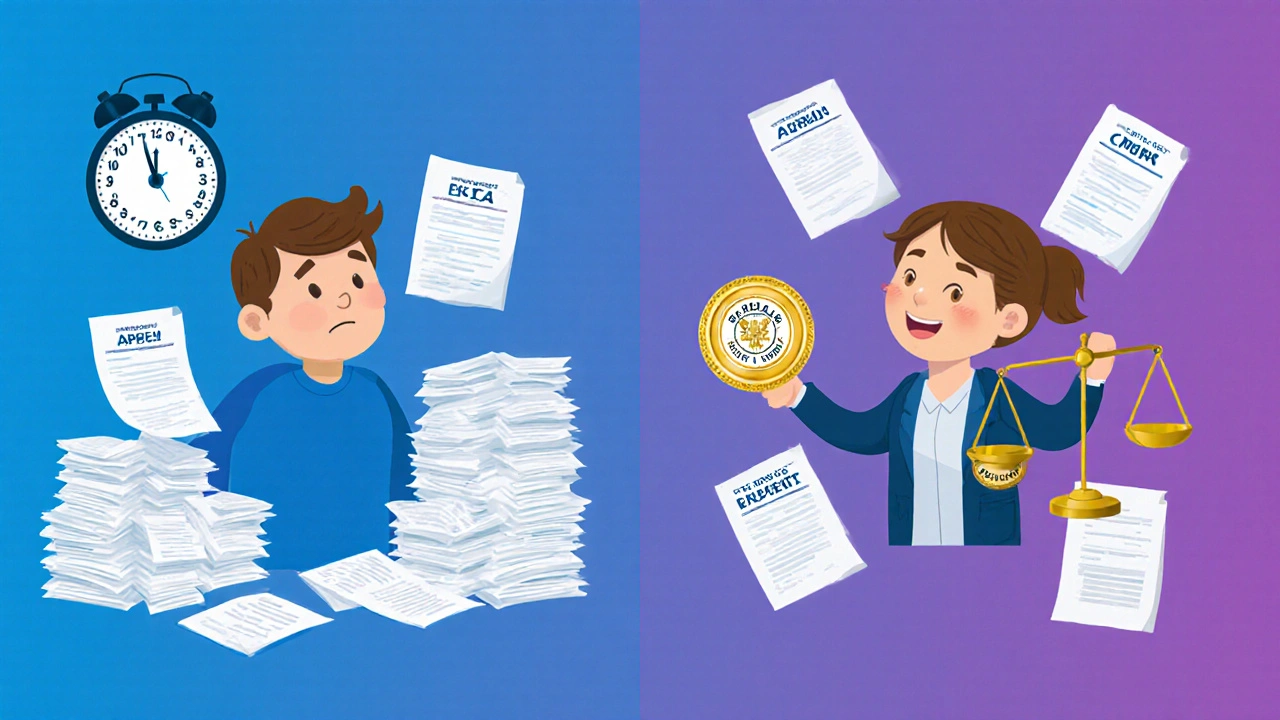
Call Every Day (Yes, Really)
Kantor & Kantor’s 2022 case review found that appeals with daily follow-up calls were processed 28% faster. Insurers get hundreds of appeals. Yours can slip through the cracks. Call the customer service line. Ask: “Has my appeal been received? What’s the status? Who is handling it?” Write down the name, date, and time of every person you speak to. If they tell you it’s “under review,” ask for a case number. Then call again tomorrow. For urgent cases, say: “I’m requesting an expedited review due to risk of hospitalization.” If they refuse, ask for the policy that allows it. Record the conversation if your state permits it.What If the Internal Appeal Fails?
If your insurer says no again, you move to external review. This is where your chances improve dramatically. CMS data shows external reviews approve 58% of brand-name medication appeals, compared to just 39% for internal ones. Who handles this? It depends on your plan:- ERISA plans (most employer-based insurance): Contact the U.S. Department of Health and Human Services (HHS)
- Non-ERISA plans (Medicare, Medicaid, individual plans): Contact your state’s insurance commissioner
When to Hire a Lawyer
If your plan is governed by ERISA, you’re in a tougher spot. Federal courts handle these cases, and juries aren’t allowed. Insurance companies know this-and they use it to their advantage. Kantor & Kantor found that appeals drafted by attorneys had a 47% higher success rate than those filed by patients alone. That’s not because lawyers are magic. It’s because they know how to frame the argument legally. They cite specific regulations, reference ERISA case law, and avoid emotional language. You don’t need to hire one right away. But if you’ve been denied twice, and your condition is serious, it’s worth it. Many attorneys work on contingency-they only get paid if you win. Look for firms that specialize in health insurance appeals. Some nonprofits, like the Patient Advocate Foundation, offer free legal referrals.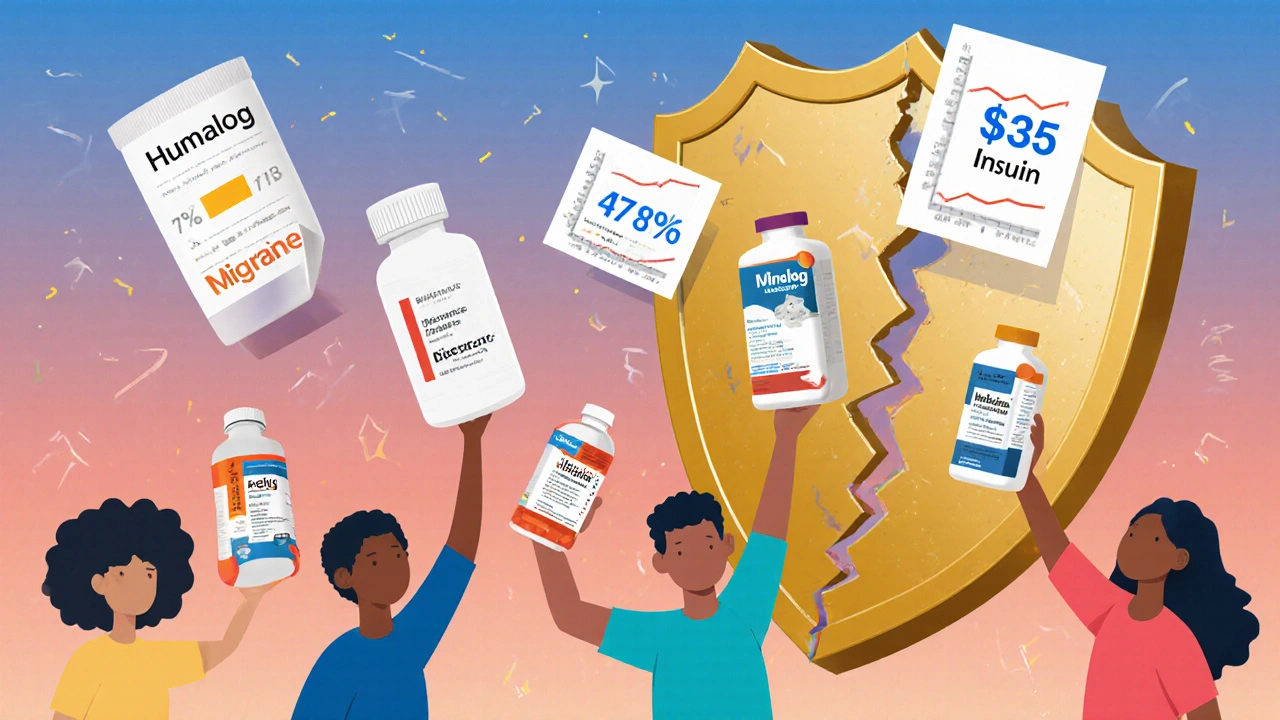
Real Stories: What Works
One man in Ohio, DiabeticDad87, appealed his Humalog insulin denial after his 8-year-old had three emergency room visits from low blood sugar on a generic insulin. He submitted his doctor’s letter with glucose logs. Approval came in 11 days. A woman in Texas spent six months fighting a denial for a brand-name migraine drug. Her first two appeals failed. She hired a lawyer. The external review approved it-and the insurer paid her $2,500 in out-of-pocket costs she’d already paid. These aren’t rare. A 2022 Patient Advocate Foundation survey found that 61% of people felt overwhelmed by the process. But those who got help from their doctor or a lawyer were twice as likely to win.What to Do While You Wait
Appeals take time. You can’t stop taking your meds. Here’s what to do now:- Ask your pharmacy if the drug maker has a patient assistance program. Eli Lilly’s Insulin Value Program, for example, gives brand-name insulin for $35/month while appeals are pending.
- Ask your doctor for samples. Many manufacturers still provide free 30-day supplies.
- Check GoodRx or SingleCare. Sometimes the cash price is lower than your copay after denial.
- Don’t stop your medication. Talk to your doctor about temporary alternatives if needed.
The Bigger Picture
This isn’t just about one prescription. In 2025, 56% of commercial health plans require prior authorization for over half of brand-name specialty drugs-up from 38% in 2018. Insurers are using AI systems to auto-deny claims faster. Doctors now spend over 13 hours a week just managing these requests. But change is coming. The Biden administration’s 2023 Executive Order pushed CMS to enforce appeal rights more strictly. New rules require Medicare Part D plans to show real-time coverage info before you even fill a prescription-cutting denials by 15-20%. The message? Don’t accept “no” as final. You’re not asking for luxury. You’re asking for the medicine your doctor says you need to stay alive.What if my insurance says a generic is just as good?
Insurers often assume generics work the same, but that’s not always true. For drugs like levothyroxine, seizure medications, or certain biologics, small differences in formulation can cause serious side effects. Your doctor’s letter must document exactly what happened when you tried the generic-like increased seizures, worsening symptoms, or lab abnormalities. Evidence of harm is what wins appeals.
Can I appeal if I’ve already paid for the medication out of pocket?
Yes. You can file an appeal and request reimbursement for costs you’ve already paid. Include receipts and proof of payment with your appeal. If approved, the insurer must refund you for up to 12 months of out-of-pocket expenses, depending on your plan’s policy.
How long does an external review take?
Standard external reviews take 30 days. For urgent cases-like needing insulin, chemotherapy, or immunosuppressants-they must respond within 72 hours. If they miss the deadline, your appeal is automatically approved.
Do I need to be on Medicare to appeal?
No. Anyone with private insurance, Medicaid, or Medicare can appeal. The process differs slightly depending on your plan type, but your right to appeal exists regardless of your coverage. ERISA plans (most employer-based insurance) have different rules than Medicare or Medicaid, but the steps are similar.
What if my doctor won’t help me with the appeal?
If your doctor refuses to write the letter, ask for a referral to another provider who will. You can also contact your state’s medical board or a patient advocacy group like the Patient Advocate Foundation. Some hospitals have patient navigators who help with appeals-even if they’re not your doctor. Don’t give up.
Can I appeal multiple medications at once?
Yes, but it’s better to file separate appeals. Each drug has its own medical justification. Combining them makes it harder for reviewers to focus. If you’re on five medications, file five appeals. It’s more work, but it increases your chances of approval for each one.

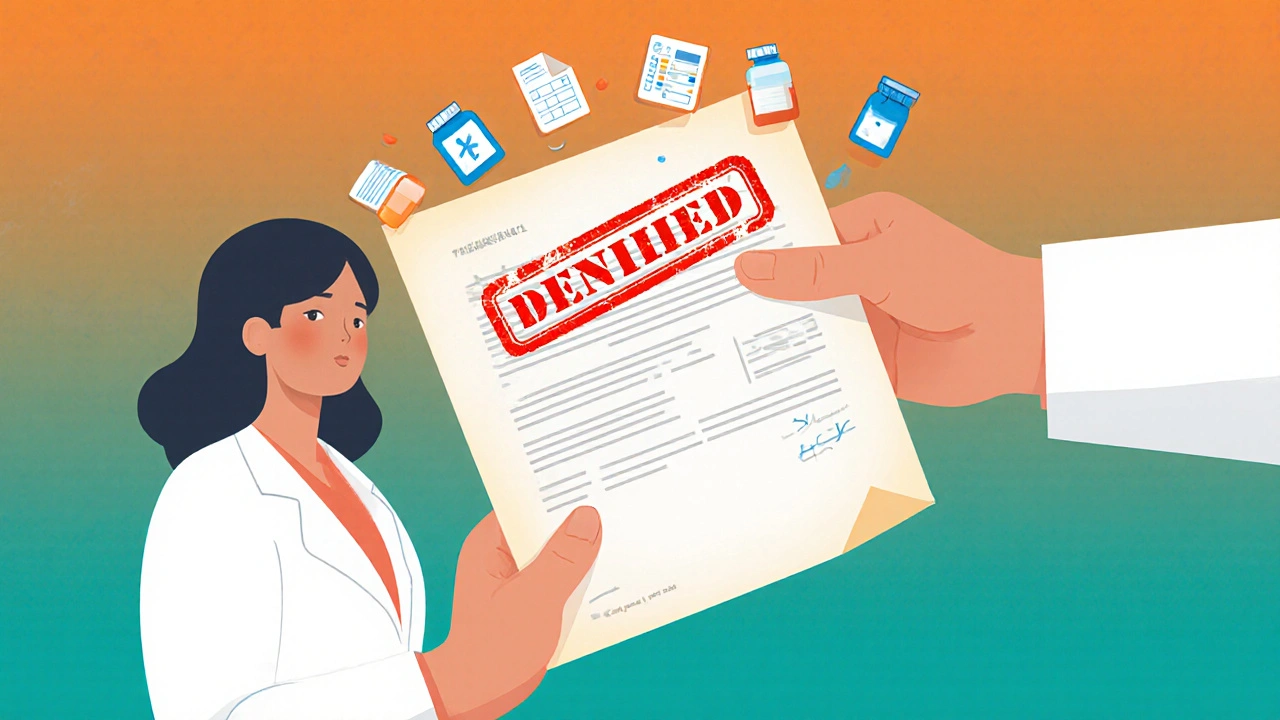
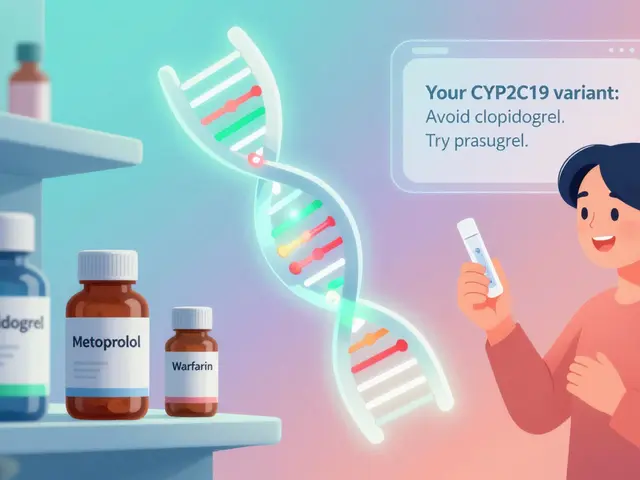


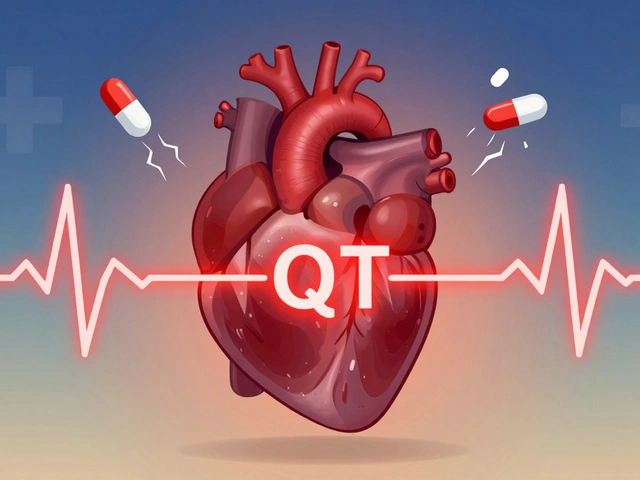
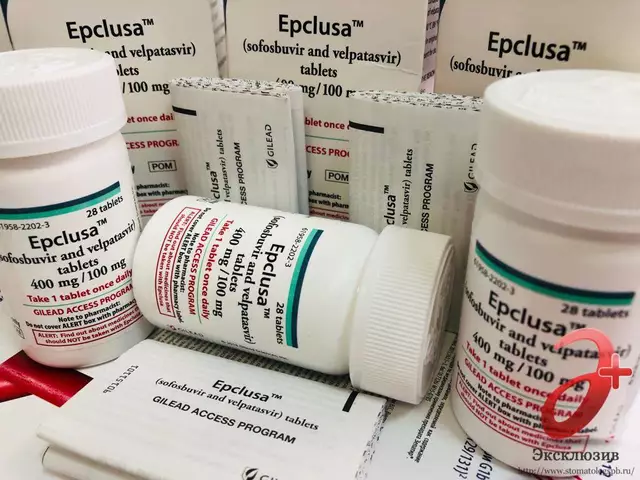
Wendy Edwards
November 27, 2025 AT 14:07